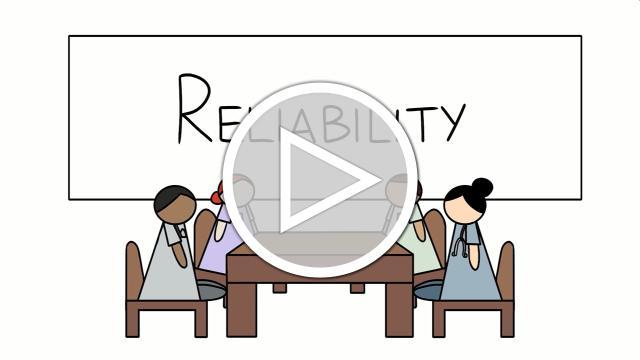The aim of this session is to create an understanding among all team members of the nature of risk and safety at the team level and how to understand if care has been safe in the past, is safe in the present and will be safe in the future.

Please click the links below to download a modified version of this module which teams can use to conduct sessions via video conferencing rather than in-person.
Risk and Safety Management remote session outline
Risk and Safety Management remote outcomes template
When running this remote module, participants may need to be separated into sub-groups for discussions. Please view this brief video conferencing note for guidance on how to do this.
Note that your organisation may have policies on which video conferencing tools are permitted to be used.
The session is aimed at developing a shared understanding of current safety levels and thereafter an ideal standard of safety for the team to work towards collectively. By engaging and involving as many team members as possible, it is anticipated that the session will enhance collaboration, coordination, effective team working and motivation towards shared goals.
The session will clarify and record team outputs across two main areas relating to risk and safety management:
- Notes on how the team understands how safe care has been in the past, is in the present and will be in the future
- List of all current measures being gathered of the quality and safety of care we currently give as a team to patients
Please click on the image below to watch a brief video introducing this module.
1-2 team members can facilitate discussions and ensure everyone has the opportunity to contribute. One facilitator can act as whiteboard/flip chart scribe to collect ideas and identify common themes from discussions.
The session is structured as follows:
- Welcome, introduction to session, and icebreaker (15 minutes)
- Team gather ideas on current safety measures and potential risks not currently measured (20 minutes)
- Group feedback session (20 minutes)
- Homework which feeds into the subsequent session on Monitoring and Communicating Safety Performance at Team Level
- Wrap up and session close (5 minutes)
Gordon et al. (2007)1 states that if there is a safety management system but no real commitment or culture towards safety, then the management system will not be effective, as decisions will not prioritise safety. Similarly, if there is a good safety culture, but no management system, then the way that safety is organised may be inconsistent, under-resourced and not seen as business driven.
Other useful sources of information for this module
HSE Incident management
https://www.hse.ie/eng/about/QAVD/Incident-Management/Incident-Management.html
HSE Clinical Audit
http://hse.ie/eng/about/Who/qualityandpatientsafety/Clinical_Audit/
HSE Open Disclosure
https://www.hse.ie/eng/about/Who/QID/Other-Quality-Improvement-Programmes/opendisclosure/
HSE Support measuring safety
https://www.hse.ie/eng/about/Who/qualityandpatientsafety/MeasuringandLearning/InformationandAnalysisTeam/PSCS_2015_Report.pdf
Leistikow I, Mulder S, Vesseur J, et al. (2016) Learning from incidents in healthcare: the journey, not the arrival, matters. BMJ Qual Saf Published Online First:01 April 2016. doi: 10.1136/bmjqs-2015-004853
http://qualitysafety.bmj.com/content/26/3/252
References
- Gordon., R., Perrin, E., Kirwan, B. (2007). Measuring safety culture in a research and development centre: A comparison of two methods in the Air Traffic Management domain. Safety Science, 45 (6) 669-695. DOI: 10.1016/j.ssci.2007.04.00

